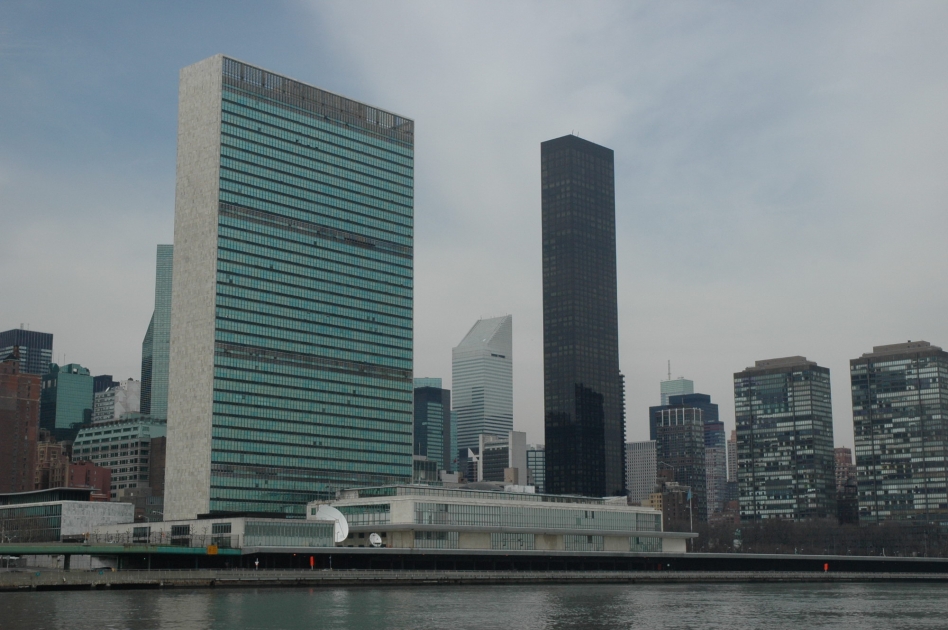Statement by Deputy Permanent Representative Vladimir Safronkov at the Security Council "Arria Formula" Meeting on small arms and light weapons in the Balkans
Mr. President,
At the outset let me say that we all have an agreed program of UN action that should be strictly observed by all of the Member States. The key element of this program is to encourage international cooperation, in which framework the experience exchange should proceed. We share the view of Ms.I.Nakamitsu that we are in need of a comprehensive approach.
Russia consistently advocates the increase of the UN profile in coordination of global efforts, i.a. in the area of countering illicit trade in small arms and light weapons. Illegal arms trafficking remains one of the fuel sources for terrorist and extremist groups; it is one of the key factors that escalate local conflicts and armed violence.
The roadmap for the Balkans is still to implement. It will remain relevant until 2024, so it is premature to draw any conclusions or even make preliminary observations. However, keep in mind that this problem was caused by armed conflicts at the territory of former Yugoslavia and by an external intervention in 1990s. We also should not forget that the situation with illicit trade in SALW is particularly alarming in the areas where law enforcement authorities have little control, corruption and unemployment keep high profile, population gets impoverished and organized criminal groups are particularly active. Our words should not fall apart from our deeds in this domain.
I say so because a great share of efforts should be taken regarding Kosovo. The "legal vacuum" that reigns in the province paves the way for terrorist activities, i.a. for recruitment and training of militants, who later transfer to conflict hotspots in the Middle East or carry out terrorist attacks in Europe.
International community should pay greater attention to this problem. We proceed from the assumption that KFOR – that to a certain extent is constituted by military servicemen from countries who organize today’s meeting – will continue to implement their mandate and withdraw surplus arms from the population. In this area we need cooperation rather than threats, blackmail, and attempts to escape dialogue and interaction with international partners, i.a. with UN missions. Traffic in SALW is an urgent issue in some countries that neighbor the Province of Kosovo.
At the same time, we support efforts by Bosnia and Herzegovina to strengthen control over SALW by destroying any surpluses, and additional measures that has already been taken including the improvement of legislation in this area. We count on continuous close cooperation between Bosnia and Herzegovina, the UN and other interested international stakeholders.
Speaking about the Balkans, we cannot escape mentioning Europe at large. In this context one may ask, if all the EU States stick to the “joint position” that articulates distinct criteria explaining why arms transfer is unacceptable. This document prohibits to issue licenses for arms export if it may lead to violations of the international humanitarian law and provoke outbreak or escalation of armed conflicts.
Thank you.
